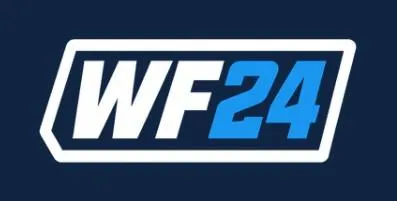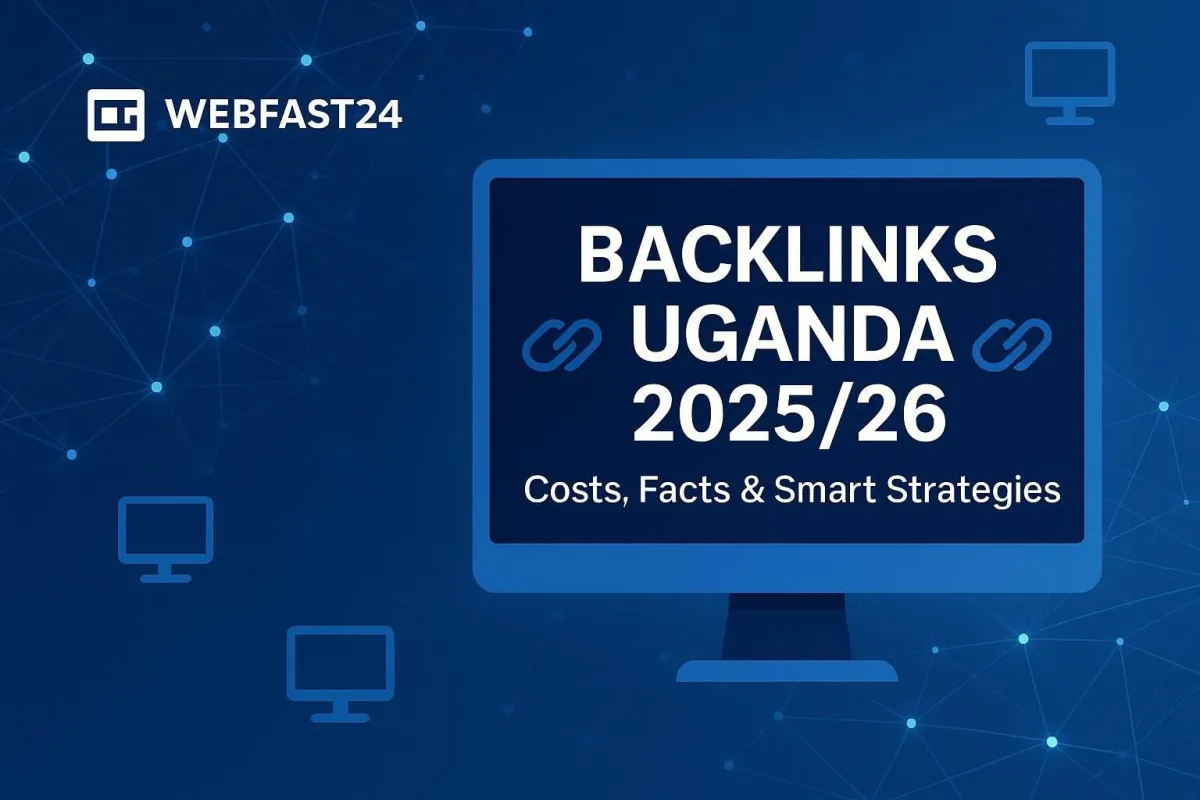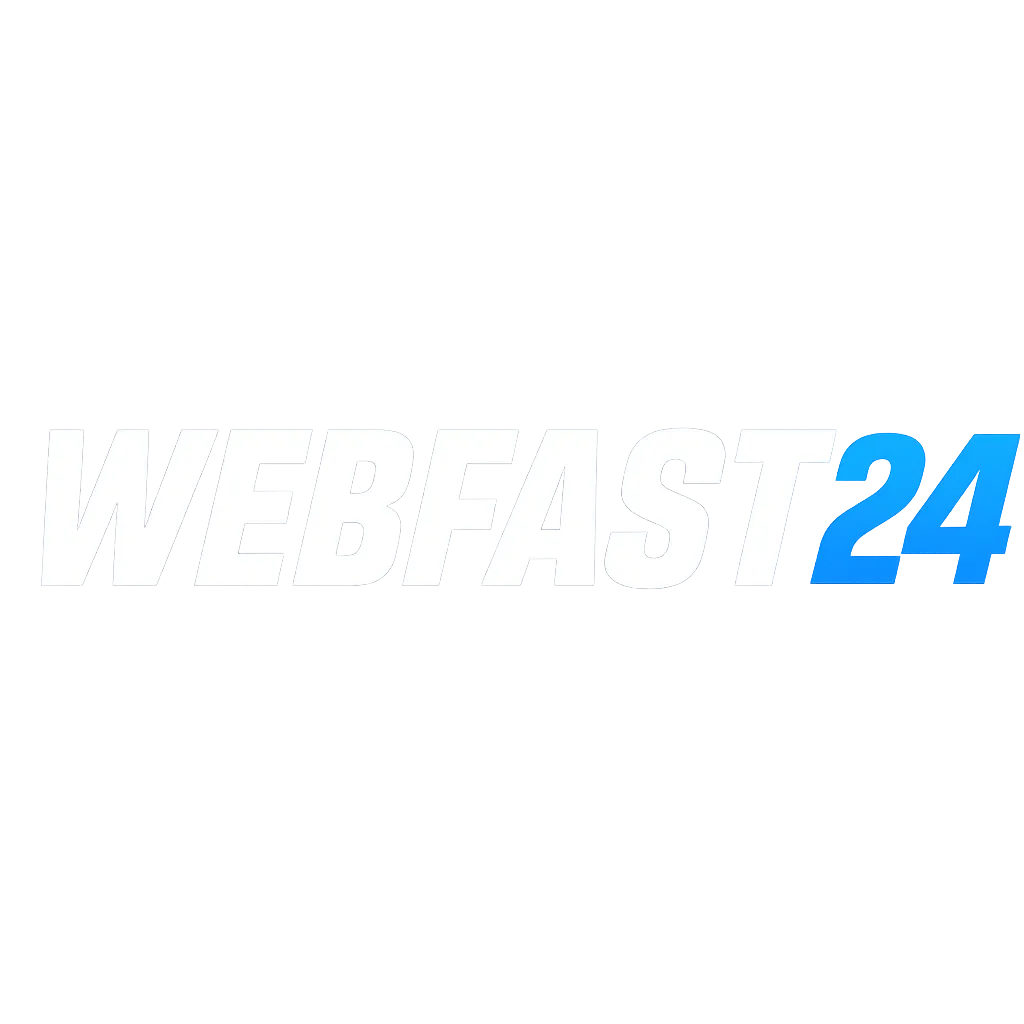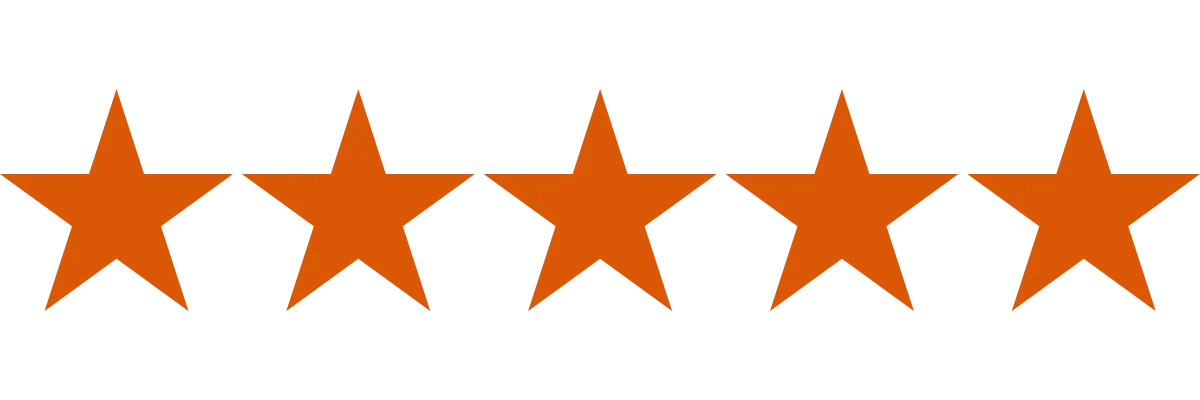How much do backlinks cost in Uganda?
A:Basic link-building packages may cost from UGX 300,000 to UGX 800,000 per month (approx. $80–$210), while global high-DA placements cost more but last longer.
WebFast24
Custom Websites and Smart Systems,
Launched in 7 Days or Less
We Handle the Tech. You Focus on Clients — and Results


Backlinks in Uganda 2025/26 are transforming how local websites climb in Google and AI-powered search results. Even with great content, many Kampala businesses stay unseen because they lack strong, credible backlinks.
Backlinks act as votes of confidence. They tell Google and AI tools such as ChatGPT and Perplexity that your brand is trustworthy and relevant.
Cheap bulk links can damage rankings, while genuine editorial backlinks build lasting authority and visibility. This guide reveals the real backlink costs in Uganda, how many you actually need, and the smartest, rule-safe ways to earn them.
Uganda’s backlink market is still developing, but it’s moving fast. More agencies now offer “link-building packages” that promise hundreds or even thousands of backlinks.
However, most of these bulk offers focus on quantity, not quality. They often rely on automated directories, expired domains, or unrelated blogs. These links might increase numbers quickly but rarely improve rankings — and in many cases, they can damage domain trust.
Local competition is growing, too. Kampala businesses in industries like real estate, tourism, health, and logistics are beginning to invest in SEO. They’re learning that a few editorial links from credible sites outperform hundreds of low-quality ones.
At the same time, AI search tools such as ChatGPT, Gemini, and Perplexity are changing how visibility works. They now highlight brands that are cited or mentioned by trusted local sources — even if those mentions aren’t traditional backlinks.
This shift means one thing: backlinks in 2025/26 aren’t just about links. They’re about authority, credibility, and brand presence across Uganda’s growing digital landscape.
Not every backlink helps your website grow. In Uganda, where many SEO providers still chase numbers, knowing what defines a quality link is crucial.
A good backlink meets three conditions: relevance, authority, and authenticity.
Relevance means the linking site talks about subjects connected to your business. A Kampala law firm linking to a med-spa site adds no context. But a Ugandan health blog linking to that same spa makes perfect sense.
Authority reflects how trusted the linking website is. Links from established media houses, industry associations, or respected educational institutions carry far more value than random blogs or link farms.
Authenticity is about how naturally the link appears. It should be editorial — placed because the content is useful, not because someone paid to slip it in.
Before accepting or requesting any backlink, check three things:
➡️ Does the site attract real organic traffic?
➡️ Is its content updated and relevant?
➡️ Would you be proud to appear there?
If the answer is yes to all three, it’s probably a link worth having.
Building backlinks in Uganda isn’t about quick tricks or bulk packages anymore. It’s about smart, consistent actions that create genuine visibility. Below are the most effective strategies for 2025/26 — all realistic for small and growing Kampala businesses.
Create mini research pieces about your industry. For example, “Top 10 Google Business Profiles in Kampala” or “Website Speed Benchmarks for Ugandan SMEs.” Local publishers and bloggers love original data they can reference — and every citation earns a backlink.
Share milestones or case studies through well-written press releases distributed to Ugandan and East African media.
Quality stories often secure links from local newsrooms, associations, and business portals.
Infographics, charts, or short videos still attract links. A simple visual explaining “How Ugandan Websites Rank Faster” can earn backlinks from blogs and social posts.
Collaborate with suppliers, clients, or community initiatives. Cross-linking through “featured partner” pages or co-authored stories builds mutual trust and authority.
Offer educational articles to relevant Ugandan websites or professional newsletters. Editors reward genuine insight with permanent backlinks — avoid hard selling.
Track online mentions of your brand without a link. Reach out politely and request one; it’s an easy, high-success tactic.
A strategic press release distributed through top US or global news networks can generate hundreds of high-DA backlinks overnight.
These credible domains boost your brand’s authority in Google and AI search results — especially when they include your Ugandan location and service niche.
At WebFast24, this is where we take link-building further — by combining international exposure with local optimisation for maximum authority and visibility.
When combined, these strategies create a lasting foundation for authority, visibility, and trust — the three signals that now matter most in 2025/26.
Even with good intentions, many businesses in Uganda waste effort on backlinks that deliver little or no value. Avoiding these mistakes protects your rankings — and your brand reputation.
Buying hundreds of cheap backlinks may look impressive at first. But most come from spam directories, expired domains, or irrelevant blogs that can harm your site’s trust score. Focus instead on earning fewer, high-quality editorial links from relevant and credible sources.
A backlink only helps if it connects your business to a related topic. For instance, a local real estate agency linking to a restaurant site makes no sense to Google. Keep your backlinks within your niche and industry context.
Many “SEO agencies” in Uganda quietly sell links, promising fast results. This violates Google’s guidelines and risks manual penalties. If you invest in sponsored content, always disclose it or use rel="sponsored" tags.
Stuffing the same keyword into every link looks unnatural. Vary your anchor text naturally — mix branded names, partial keywords, and generic phrases like learn more or visit site.
Backlinks from only one type of source (like directories) appear artificial. Blend your link profile with blogs, press releases, social posts, citations, and resource pages. This diversity shows Google your brand is recognised across multiple channels.
Link profiles change over time. Some sites may delete your link or get deindexed by Google. Use free tools such as Ubersuggest or Ahrefs to monitor backlinks and remove harmful ones regularly.
Avoiding these mistakes helps your brand build a strong, trustworthy, and penalty-free link profile that grows steadily over time.
Earning backlinks within Uganda adds trust and relevance to your website. Local signals help Google connect your brand to Kampala-based audiences and regional search intent.
Here are six proven local backlink sources that most businesses overlook.
Websites such as New Vision, Daily Monitor, and Kampala Post often accept business features or community stories.
A short article about a milestone, award, or CSR initiative can deliver a high-authority local backlink.
Join bodies like the Uganda National Chamber of Commerce or sector-specific associations. Many list active members on their websites with follow links to official company pages.
Partner with Makerere, KIU, or local academies for research projects or student mentorships. Educational (.ac.ug) domains carry exceptional authority when they reference local businesses.
Even small sponsorships—tech meetups, sports tournaments, charity runs—often include digital listings or press mentions.
These create authentic backlinks with positive brand visibility.
List your business on reputable Ugandan directories such as Yellow.ug, BizCommunity Africa, and Uganda Business Directory.
Pair this with a fully optimised Google Business Profile for stronger citation consistency.
Co-create guides, webinars, or local awareness campaigns. Cross-linking through “featured partner” pages builds relevance and shared authority across industries.
When layered with your international press-release coverage, these local backlinks complete a balanced authority mix—global trust signals plus hometown credibility.
Backlinks aren’t a quick win. They’re an investment in digital authority that compounds over time.
In Uganda, many businesses still expect instant results from SEO campaigns. The reality is different. Quality backlinks usually take 60 to 120 days to show measurable ranking gains. But once established, their impact lasts for years — far longer than any paid advert.
The true ROI of link-building comes from sustained visibility and higher trust scores. When your website earns consistent mentions on credible sites, Google begins to treat your brand as an authority. That recognition boosts your rankings, increases organic clicks, and lowers your cost per lead.
Here’s how results typically scale:
➡️ Month 1–2: New backlinks are indexed and start influencing authority metrics.
➡️ Month 3–6: You’ll see improved keyword positions and more referral traffic.
➡️ Month 6–12: Compound growth as Google rewards your expanding, stable link profile.
The value of a strong backlink strategy is cumulative. Each credible link you earn today strengthens every page tomorrow. That’s why link-building isn’t just about SEO — it’s about long-term brand growth across Google, social platforms, and AI-driven search engines.
Most agencies talk about backlinks. WebFast24 builds them strategically. Our process combines local relevance with global exposure, ensuring your brand earns backlinks that actually move the needle. Here’s how we do it.
We start by auditing your website and competitors. This shows where authority gaps exist and which backlinks will bring measurable gains.
Our approach blends Ugandan link sources with international press releases distributed through high-authority US news networks. This combination builds global credibility while strengthening local search presence — a balance most agencies miss.
We write original, industry-specific stories, guides, and data insights that journalists and publishers want to reference.
Every backlink we earn is relevant, contextual, and brand-safe.
You’ll receive clear backlink reports showing domain authority, traffic impact, and live link placements — no mystery or inflated numbers.
With WebFast24, your backlinks aren’t random. They’re purpose-built assets designed to increase visibility, attract clients, and keep your brand ahead in AI-driven search. Explore our full range of digital marketing and web services to see how strategy, automation, and SEO connect for faster growth.
Ready to build authority the right way?
Book a strategy call today and see how fast your visibility can grow.
Highly searchable answers on backlink costs, SEO link-building, AI visibility, and domain authority for service businesses in Uganda, the UK, USA & SA.
A:Basic link-building packages may cost from UGX 300,000 to UGX 800,000 per month (approx. $80–$210), while global high-DA placements cost more but last longer.
A:Unlabelled paid links can harm rankings. Always disclose sponsorships with rel="sponsored" and focus mainly on earned, editorial backlinks.
A:For Kampala service sites, 10–40 quality backlinks can move rankings. Quality and niche relevance beat high link counts every time.
A:Expect visible movement within 60–120 days. Consistent backlink growth produces stronger, compounding results over six to twelve months.
A:Yes. Local backlinks and consistent citations support Map Pack visibility, helping your profile appear for location-based searches.
A:Editorial links from trusted media, associations, and .ac.ug or .org domains hold the highest authority and long-term ranking value.
A:AI can generate link-worthy content and outreach drafts. Genuine backlinks, however, still require human approval and editorial relevance.
A:Yes. Excessive low-quality or spammy backlinks can trigger penalties. Always prioritise contextual, editorial links over mass automation.

Backlinks in Uganda 2025/26 are transforming how local websites climb in Google and AI-powered search results. Even with great content, many Kampala businesses stay unseen because they lack strong, credible backlinks.
Backlinks act as votes of confidence. They tell Google and AI tools such as ChatGPT and Perplexity that your brand is trustworthy and relevant.
Cheap bulk links can damage rankings, while genuine editorial backlinks build lasting authority and visibility. This guide reveals the real backlink costs in Uganda, how many you actually need, and the smartest, rule-safe ways to earn them.
Uganda’s backlink market is still developing, but it’s moving fast. More agencies now offer “link-building packages” that promise hundreds or even thousands of backlinks.
However, most of these bulk offers focus on quantity, not quality. They often rely on automated directories, expired domains, or unrelated blogs. These links might increase numbers quickly but rarely improve rankings — and in many cases, they can damage domain trust.
Local competition is growing, too. Kampala businesses in industries like real estate, tourism, health, and logistics are beginning to invest in SEO. They’re learning that a few editorial links from credible sites outperform hundreds of low-quality ones.
At the same time, AI search tools such as ChatGPT, Gemini, and Perplexity are changing how visibility works. They now highlight brands that are cited or mentioned by trusted local sources — even if those mentions aren’t traditional backlinks.
This shift means one thing: backlinks in 2025/26 aren’t just about links. They’re about authority, credibility, and brand presence across Uganda’s growing digital landscape.
Not every backlink helps your website grow. In Uganda, where many SEO providers still chase numbers, knowing what defines a quality link is crucial.
A good backlink meets three conditions: relevance, authority, and authenticity.
Relevance means the linking site talks about subjects connected to your business. A Kampala law firm linking to a med-spa site adds no context. But a Ugandan health blog linking to that same spa makes perfect sense.
Authority reflects how trusted the linking website is. Links from established media houses, industry associations, or respected educational institutions carry far more value than random blogs or link farms.
Authenticity is about how naturally the link appears. It should be editorial — placed because the content is useful, not because someone paid to slip it in.
Before accepting or requesting any backlink, check three things:
➡️ Does the site attract real organic traffic?
➡️ Is its content updated and relevant?
➡️ Would you be proud to appear there?
If the answer is yes to all three, it’s probably a link worth having.
Building backlinks in Uganda isn’t about quick tricks or bulk packages anymore. It’s about smart, consistent actions that create genuine visibility.
Below are seven proven strategies for 2025/26 — realistic for service businesses in Kampala and across East Africa.
Create mini research pieces about your industry. For example, “Top 10 Google Business Profiles in Kampala” or “Website Speed Benchmarks for Ugandan SMEs.” Local publishers and bloggers love original data they can reference — and every citation earns a backlink.
Share milestones or case studies through well-written press releases distributed to Ugandan and East African media.
Quality stories often secure links from local newsrooms, associations, and business portals.
Infographics, charts, or short videos still attract links. A simple visual explaining “How Ugandan Websites Rank Faster” can earn backlinks from blogs and social posts.
Collaborate with suppliers, clients, or community initiatives. Cross-linking through “featured partner” pages or co-authored stories builds mutual trust and authority.
Offer educational articles to relevant Ugandan websites or professional newsletters. Editors reward genuine insight with permanent backlinks — avoid hard selling.
Track online mentions of your brand without a link. Reach out politely and request one; it’s an easy, high-success tactic.
Even with good intentions, many businesses in Uganda waste effort on backlinks that deliver little or no value. Avoiding these mistakes protects your rankings — and your brand reputation.
Buying hundreds of cheap backlinks may look impressive at first. But most come from spam directories, expired domains, or irrelevant blogs that can harm your site’s trust score. Focus instead on earning fewer, high-quality editorial links from relevant and credible sources.
A backlink only helps if it connects your business to a related topic. For instance, a local real estate agency linking to a restaurant site makes no sense to Google.
Keep your backlinks within your niche and industry context.
Many “SEO agencies” in Uganda quietly sell links, promising fast results. This violates Google’s guidelines and risks manual penalties. If you invest in sponsored content, always disclose it or use rel="sponsored" tags.
Stuffing the same keyword into every link looks unnatural. Vary your anchor text naturally — mix branded names, partial keywords, and generic phrases like learn more or visit site.
Backlinks from only one type of source (like directories) appear artificial.
Blend your link profile with blogs, press releases, social posts, citations, and resource pages. This diversity shows Google your brand is recognised across multiple channels.
Link profiles change over time. Some sites may delete your link or get deindexed by Google. Use free tools such as Ubersuggest or Ahrefs to monitor backlinks and remove harmful ones regularly.
Avoiding these mistakes helps your brand build a strong, trustworthy, and penalty-free link profile that grows steadily over time.
Earning backlinks within Uganda adds trust and relevance to your website. Local signals help Google connect your brand to Kampala-based audiences and regional search intent.
Here are six proven local backlink sources that most businesses overlook.
Websites such as New Vision, Daily Monitor, and Kampala Post often accept business features or community stories. A short article about a milestone, award, or CSR initiative can deliver a high-authority local backlink.
Join bodies like the Uganda National Chamber of Commerce or sector-specific associations. Many list active members on their websites with follow links to official company pages.
Partner with Makerere, KIU, or local academies for research projects or student mentorships. Educational (.ac.ug) domains carry exceptional authority when they reference local businesses.
Even small sponsorships—tech meetups, sports tournaments, charity runs—often include digital listings or press mentions.
These create authentic backlinks with positive brand visibility.
List your business on reputable Ugandan directories such as Yellow.ug, BizCommunity Africa, and Uganda Business Directory.
Pair this with a fully optimised Google Business Profile for stronger citation consistency.
Co-create guides, webinars, or local awareness campaigns. Cross-linking through “featured partner” pages builds relevance and shared authority across industries.
When layered with your international press-release coverage, these local backlinks complete a balanced authority mix—global trust signals plus hometown credibility.
Backlinks aren’t a quick win. They’re an investment in digital authority that compounds over time.
In Uganda, many businesses still expect instant results from SEO campaigns. The reality is different. Quality backlinks usually take 60 to 120 days to show measurable ranking gains. But once established, their impact lasts for years — far longer than any paid advert.
The true ROI of link-building comes from sustained visibility and higher trust scores. When your website earns consistent mentions on credible sites, Google begins to treat your brand as an authority. That recognition boosts your rankings, increases organic clicks, and lowers your cost per lead.
Here’s how results typically scale:
➡️ Month 1–2: New backlinks are indexed and start influencing authority metrics.
➡️ Month 3–6: You’ll see improved keyword positions and more referral traffic.
➡️ Month 6–12: Compound growth as Google rewards your expanding, stable link profile.
The value of a strong backlink strategy is cumulative. Each credible link you earn today strengthens every page tomorrow.
That’s why link-building isn’t just about SEO — it’s about long-term brand growth across Google, social platforms, and AI-driven search engines.
Most agencies talk about backlinks. WebFast24 builds them strategically. Our process combines local relevance with global exposure, ensuring your brand earns backlinks that actually move the needle. Here’s how we do it.
We start by auditing your website and competitors. This shows where authority gaps exist and which backlinks will bring measurable gains.
Our approach blends Ugandan link sources with international press releases distributed through high-authority US news networks. This combination builds global credibility while strengthening local search presence — a balance most agencies miss.
We write original, industry-specific stories, guides, and data insights that journalists and publishers want to reference.
Every backlink we earn is relevant, contextual, and brand-safe.
You’ll receive clear backlink reports showing domain authority, traffic impact, and live link placements — no mystery or inflated numbers.
With WebFast24, your backlinks aren’t random. They’re purpose-built assets designed to increase visibility, attract clients, and keep your brand ahead in AI-driven search. Explore our full range of digital marketing and web services to see how strategy, automation, and SEO connect for faster growth.
Ready to build authority the right way?
Book a strategy call today and see how fast your visibility can grow.
Highly searchable answers on backlink costs, SEO link-building, AI visibility, and domain authority for service businesses in Uganda, the UK, USA & SA.
A:Basic link-building packages may cost from UGX 300,000 to UGX 800,000 per month (approx. $80–$210), while global high-DA placements cost more but last longer.
A:Unlabelled paid links can harm rankings. Always disclose sponsorships with rel="sponsored" and focus mainly on earned, editorial backlinks.
A:For Kampala service sites, 10–40 quality backlinks can move rankings. Quality and niche relevance beat high link counts every time.
A:Expect visible movement within 60–120 days. Consistent backlink growth produces stronger, compounding results over six to twelve months.
A:Yes. Local backlinks and consistent citations support Map Pack visibility, helping your profile appear for location-based searches.
A:Editorial links from trusted media, associations, and .ac.ug or .org domains hold the highest authority and long-term ranking value.
A:AI can generate link-worthy content and outreach drafts. Genuine backlinks, however, still require human approval and editorial relevance.
A:Yes. Excessive low-quality or spammy backlinks can trigger penalties. Always prioritise contextual, editorial links over mass automation.


Copyright © 2025 WebFast24
All Rights Reserved

Reach Out to WebFast24 — Let’s Find the Right Solution for Your Business.
Reach Out to WebFast24 — Let’s Find the Right Solution for Your Business.
Launch Fast. Convert Faster.
Serving Clients in Uganda & Beyond.